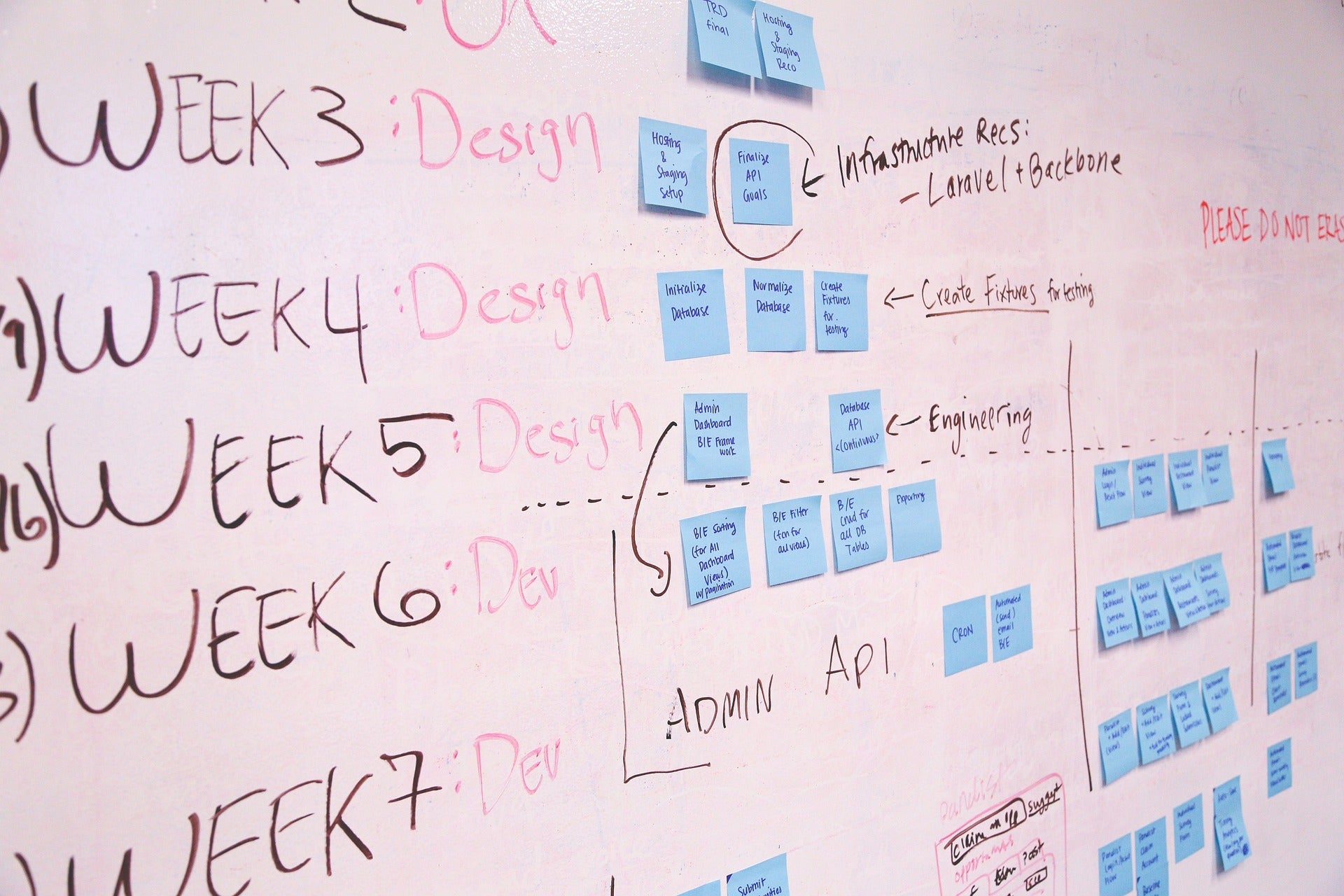The Project Manager's role is to act as a liaison between the team, management and the client. They are responsible for seeing the project successfully through all stages of implementation. They manage the team, delegate tasks, keep track of deadlines, are responsible for the budget and prepare the project documentation. The Project Manager is the person who wakes up in the middle of the night and knows everything about the project he or she is overseeing.
One of the main duties of a project manager is to lead a team. This is not an easy task, as you have to be able to reconcile multiple interests. In addition, you have to combine several roles effectively and find the right balance between supervising and letting people do what they want. In this article, I would like to give you some tips to help you manage your team effectively.
Know your team members
You need to get to know everyone you will be working with. A team meeting, one-on-one conversations and some intimacy will facilitate later communication within the team and increase trust. This will strengthen your position as a team leader and increase the respect each team member has for you. Each person brings a different set of skills to the team. The key to managing the team effectively and getting the results you want is to use what they do best. If you allocate their responsibilities appropriately, the project will run smoothly and according to plan.

Positive attitude
Everyone working on the project needs to see that the project manager, in this case you, is positive about the tasks at hand. This attitude will rub off on your colleagues. If you see obstacles yourself and let the people around you know, their morale will drop too.
Ensure the right tools for the job
Remember to equip your team not only with a common project management software, but also with the tools that individuals need. Each of your employees will have a slightly different job, which will require different methodologies.

Talk to your coworkers
Good communication within a team is essential. Not everyone is communicative enough to ask questions and raise concerns on their own. Therefore, it is up to you as a manager to encourage people to share information and worries. Talk to them and make sure everything is crystal clear. It is also important that you give straightforward messages. Make sure everyone understands the purpose of the project and the tasks you are delegating to them.
"Communication is a skill that can be learned. It's like riding a bike or typing. If you just work at it, you can improve the quality of every part of your life very quickly." - Brian Tracy

Appreciate and reward employees
It is extremely important to recognise and reward employees for a job well done. People who feel their work is unappreciated may be quick to change employers. So let them know they are needed.
Keep everyone motivated to work. Different incentives work for different people, but sometimes small gestures or amenities are enough to make your employees feel encouraged to work.
Let someone go who is not right for the job
You need to be able to tell when someone is not right for their role on a project. Person who is unable or unwilling to perform will not only slow down the processes and have a negative impact on the project as a whole, but will also demotivate others. Nothing lowers morale like knowing that someone else is getting the same amount of credit for doing their job badly as someone who is doing it well. That's why, as a project manager, you need to be able to make tough decisions.
Keep things in order and outline an action plan
Throughout the project cycle, everyone needs to know what they are supposed to be doing and what the action plan is. Failure to do so can lead to chaos, which in turn can lead to delays and missed deadlines. The right project management tool will make it easier to monitor the progress of day-to-day tasks and the project at large.

Plan meetings
It is good if everyone knows about the planned meeting well in advance. Set the agenda and the time it will take. This will allow everyone to organise their working day. You can use Google Calendar or Microsoft's Teams calendar to schedule a meeting.
Before you set up a meeting, consider whether you need to discuss a particular issue. Research shows that 60% of the time people who attend meetings feel that the event was unnecessary. This is particularly true for short sessions of just a few minutes, which are often perceived as lacking substance. However, if a meeting is necessary, a video conference may suffice. Sometimes an email, phone call or chat will suffice.

Constructive criticism
Constructive criticism is taking responsibility for what you say about someone's work - just that and more. It should aim to point out mistakes that can be fixed or changed. It's important to focus on the work someone has done, rather than the person and their qualities.
"He didn't always praise what I did or what I said, it was often the opposite. But when he told me: "this or that is not good", he would add each time: "but try to do it a bit differently, try to do it in a different way". I think that's very different from comments, uttered just to annoy someone. When someone tells you: "you're sick", it won't help you much, but when you're told: 'do this or that and you'll be fine' and the advice is not a hoax, then accept it without a second thought, it will help you for sure." - Vincent Van Gogh.
Resolve conflicts
You need to maintain a good team atmosphere, so it is important to be able to spot as well as resolve conflicts. The earlier you notice this, the less negative the consequences will be for the whole team or even the project. You have to expect that conflicts will arise, but treat them as a challenge.
Set clear goals and work as a team
You cannot ask people to do more than their skills and competencies allow. Distribute the work so that everyone is able to fulfil their responsibilities, rather than being overwhelmed by them.
Each person should know what they are accountable for, but also when they are expected to take action. It is crucial to set deadlines, but they must be realistic. Try to make your team work like a well-oiled machine. Allow everyone to put forward their ideas, discuss them together, brainstorm - this will build team spirit.

Evaluate and hold them accountable
Try to do this on an ongoing basis, so that everyone is aware that they cannot afford to be sloppy, and so that they know that it actually makes sense to do it by a certain date. Remember to give constructive criticism as well as praise when people complete their tasks.

Summary
Project managers initiate, execute, and complete projects across various industries using their project management expertise. They have diverse skill sets that allow them to approach each assignment in a unique and strategic way. Most importantly, they understand how to leverage their project management skills to foster an organization’s ability to learn, succeed, and evolve with a project.
A good manager is a leader that team members can trust to make decisions in their best interests. When team members trust their manager, it can lead to a work environment where both manager and employees can support and rely on each other.


